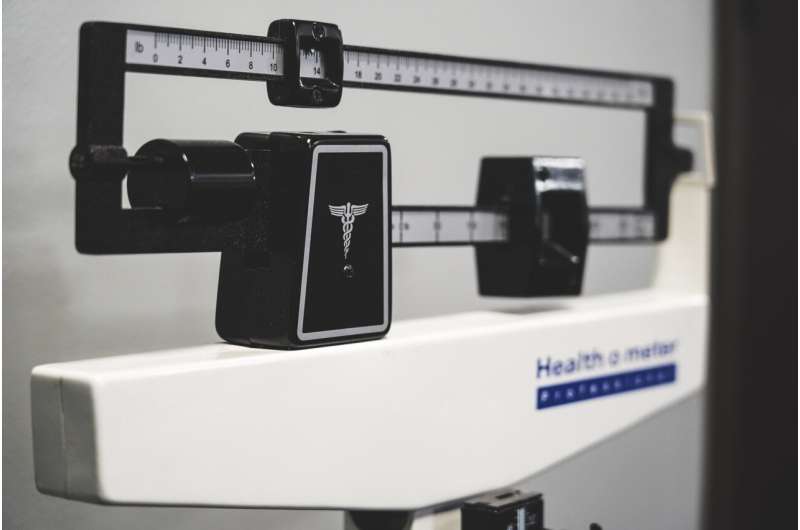New Approach to Enhance Lung Development in Preterm Infants Through Extended CPAP Treatment

A recent clinical study conducted at Oregon Health & Science University has revealed that prolonging the use of continuous positive airway pressure (CPAP) in preterm infants significantly promotes lung growth and functional development. Published in the American Journal of Respiratory and Critical Care Medicine, the research indicates that extending CPAP therapy beyond the usual duration—by an additional two weeks—leads to healthier respiratory outcomes.
Preterm birth, which accounts for approximately 10% of births in the United States, is a primary cause of impaired lung development among infants. This condition often results in long-term respiratory issues such as wheezing, asthma, and increased hospitalizations due to respiratory illnesses. Although early application of CPAP is standard practice to manage respiratory distress in preterm infants, the optimal length of its use has remained uncertain, with many NICUs discontinuing the therapy once infants show stable breathing.
In this groundbreaking randomized controlled trial involving 100 preterm infants, researchers found that infants who received an extended two-week course of CPAP exhibited notably larger lung volumes at six months post-discharge. These infants demonstrated improved oxygen and carbon dioxide exchange capabilities and better airway function compared to those who received standard care. Additionally, the study observed a reduction in wheezing episodes up to 12 months of age.
Lead researcher Dr. Cindy McEvoy emphasized the importance of early interventions, stating, “Lower lung function early in life often persists into adulthood, making it vital to identify strategies that can improve respiratory health from the beginning.” The findings suggest that a simple adjustment in current NICU practices—extending CPAP therapy—could be a safe, non-drug approach to setting children on a healthier respiratory trajectory.
Given that CPAP is widely used and accessible across NICUs, many facilities have already begun adopting this extended protocol. Dr. Dmitry Dukhovny, a neonatologist involved in the study, highlighted the potential of this intervention to be implemented universally to benefit preterm infants globally.
Future research aims to determine the optimal duration for various subgroups of preterm infants, particularly those with very low birth weights. Long-term follow-up of these infants through age 10 is planned to assess lasting effects on lung health and the potential to prevent chronic respiratory diseases such as asthma and COPD.
This study underscores the importance of revisiting and optimizing neonatal respiratory care practices to ensure better health outcomes. The findings offer hope for more effective interventions in the neonatal intensive care setting, promoting healthier lung development from the earliest stages of life.
Stay Updated with Mia's Feed
Get the latest health & wellness insights delivered straight to your inbox.
Related Articles
Genetic Testing Enhances Personalization of Weight-Loss Treatments
Mayo Clinic introduces a genetic test that predicts individual responses to weight-loss medications, paving the way for personalized obesity therapies based on biological insights.
Study Highlights Persistent Cervical Cancer Risks in Women Over 65 Due to HPV Infection
New research highlights the ongoing risk of cervical cancer in women aged 65 and over due to persistent high-risk HPV infections, calling for revised screening strategies worldwide.
Angola Reports Over 20,000 Cholera Cases Since January Amid Outbreak
Angola reports over 20,000 cholera cases with more than 600 fatalities since January, highlighting ongoing public health challenges due to poor sanitation and water safety.
New Study Indicates Prediabetes Can Be Reversed Without Weight Loss
A groundbreaking study shows that prediabetes can go into remission without weight loss, focusing on fat redistribution and hormonal health strategies that improve blood sugar levels and reduce diabetes risk.



